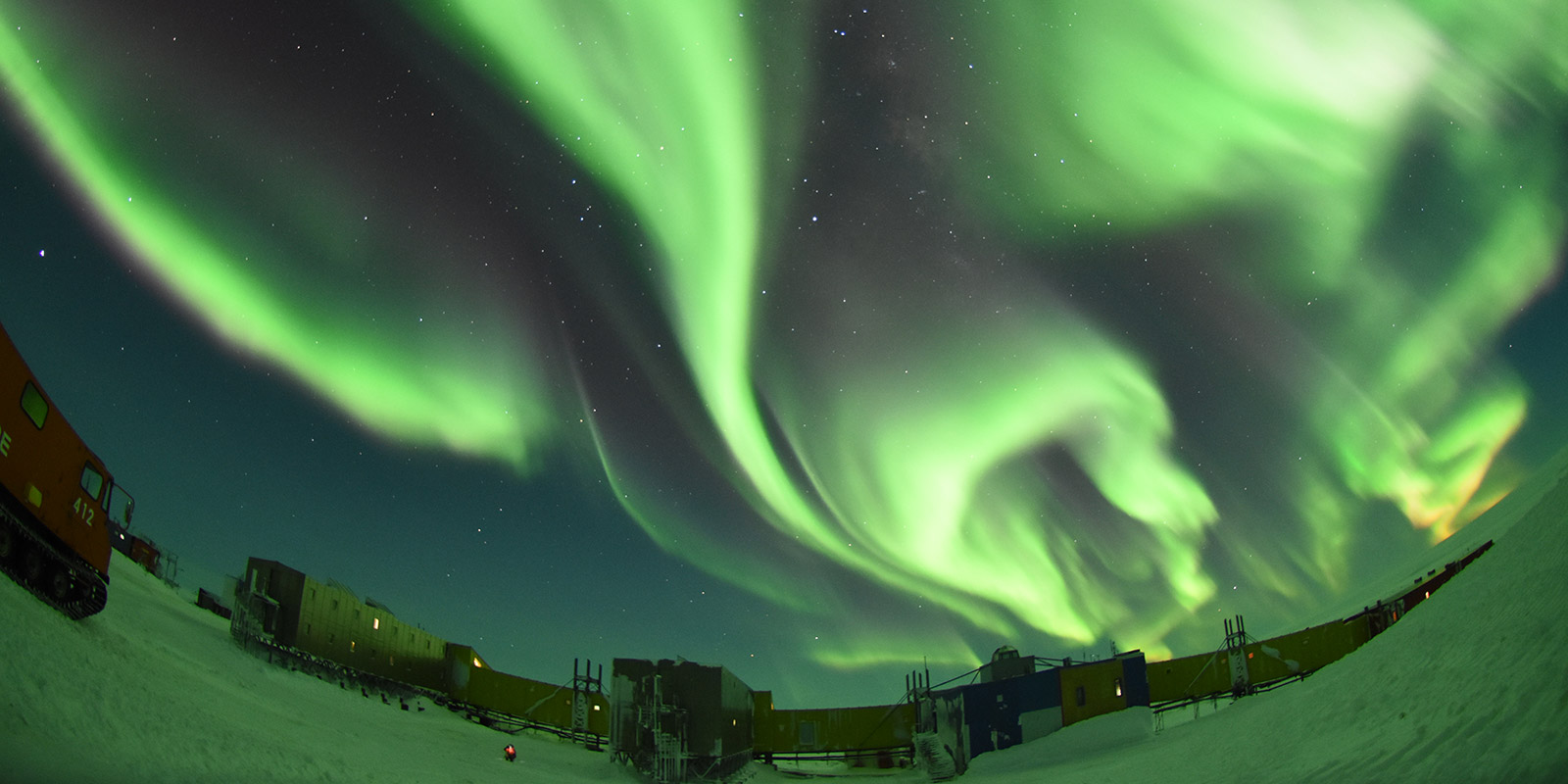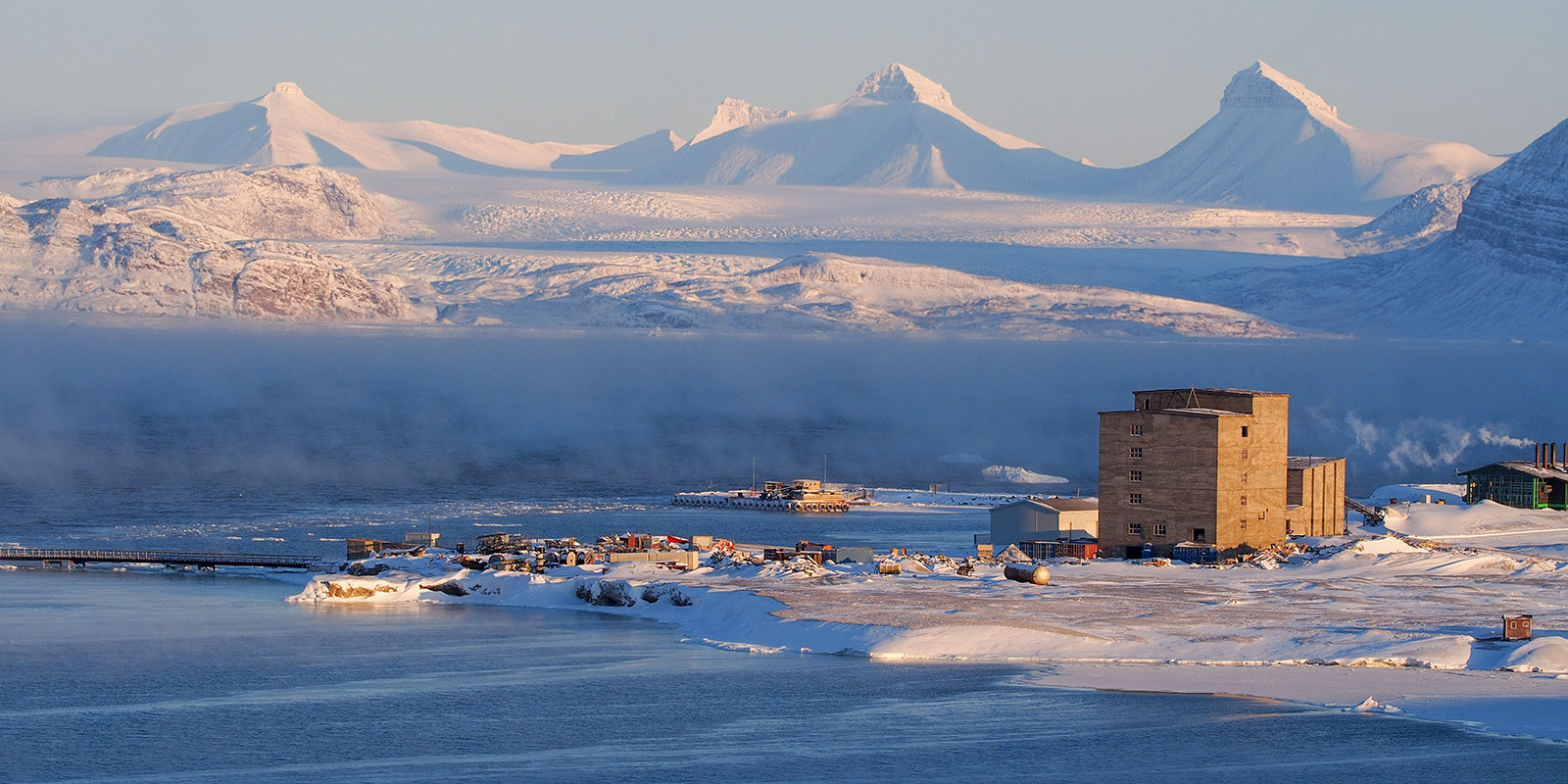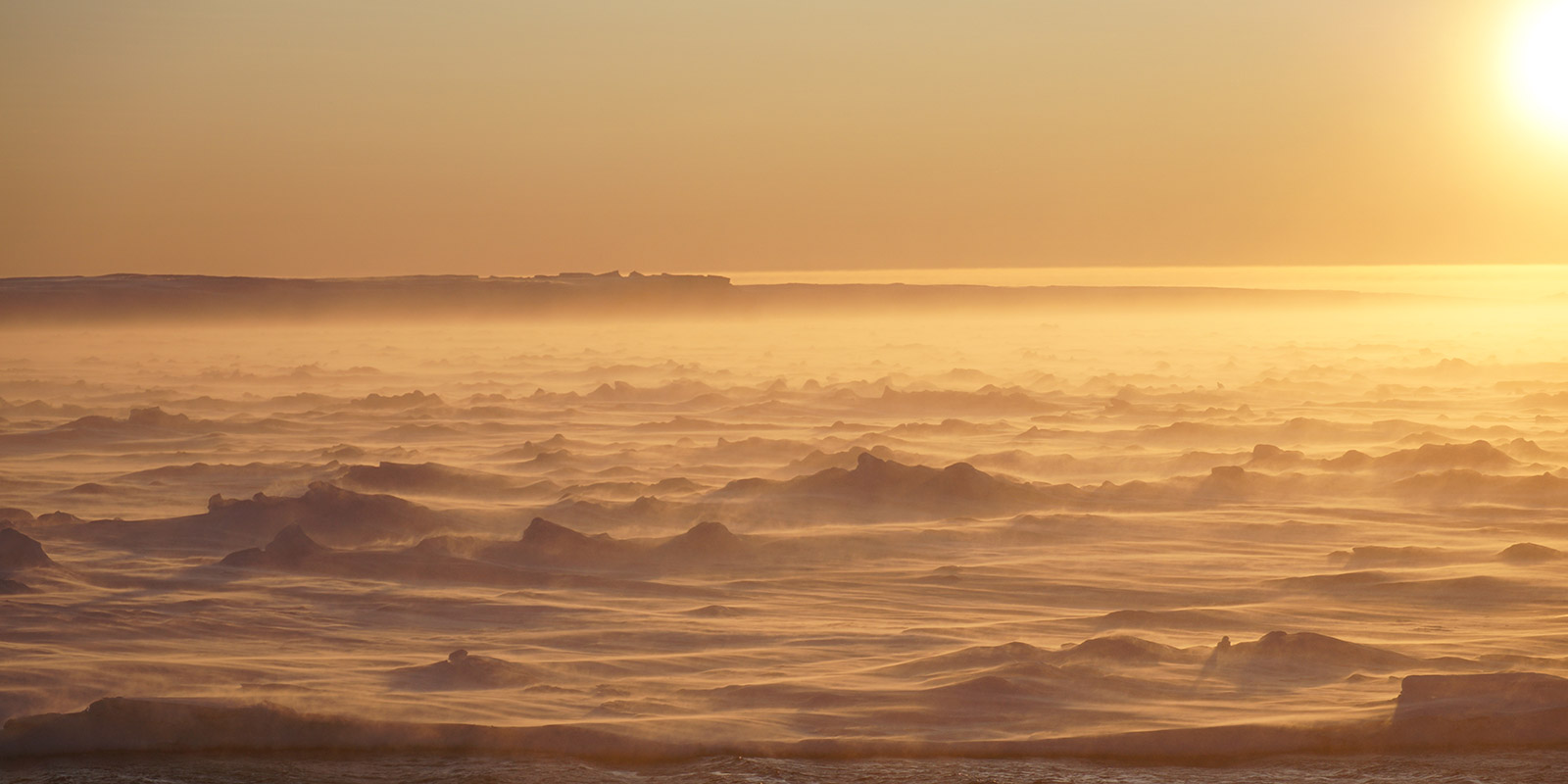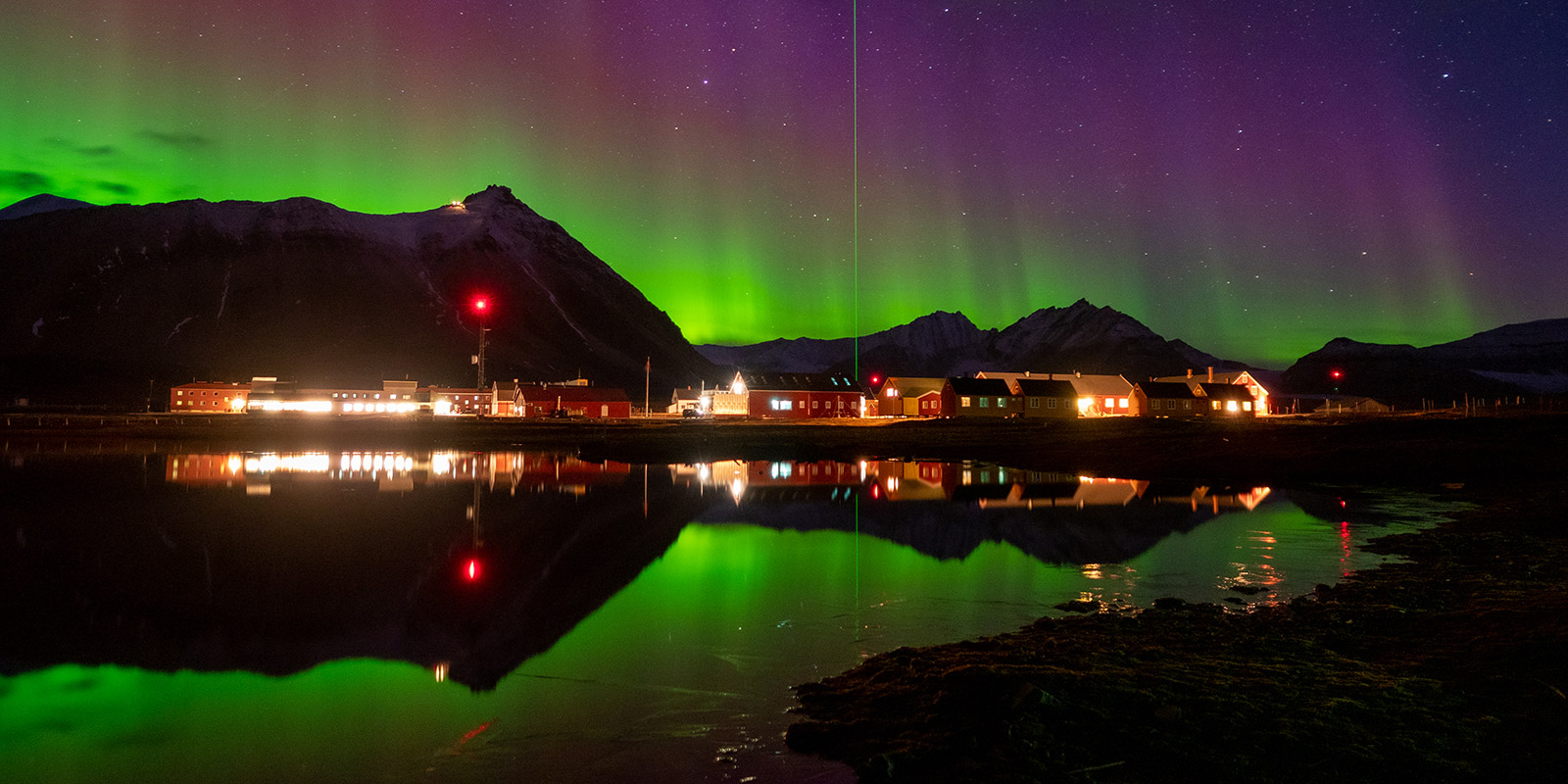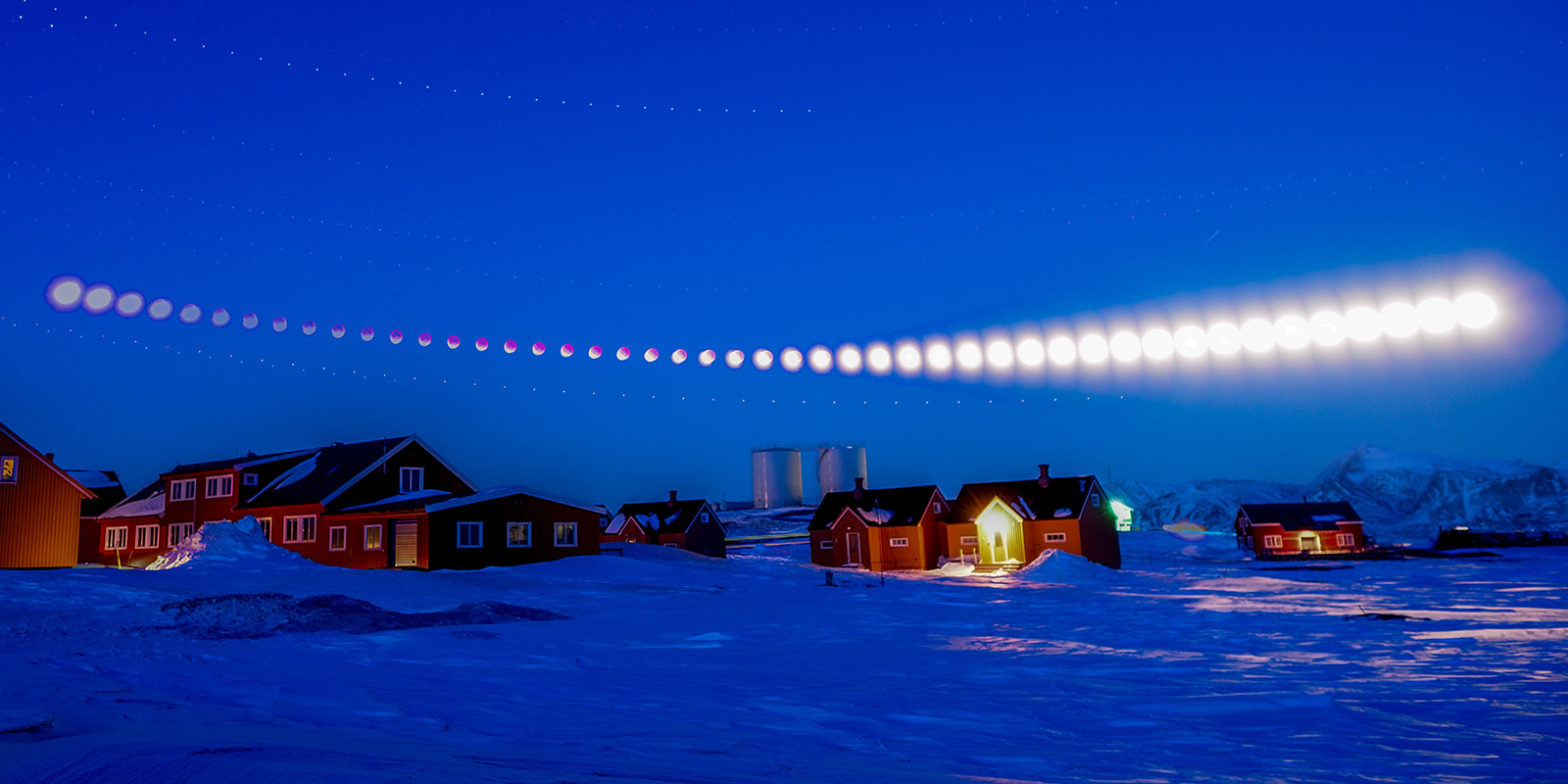Terrestrial and freshwater biology
Antarctic and Arctic terrestrial and lacustrine environments are severe for organisms due to cold temperature, aridity, and strong UV, etc. Research focuses on the origins and the diversity of the biota, the mechanisms of establishment by eco-physiologically adapting, paleo-environmental reconstruction, and response mechanisms in the polar terrestrial ecosystem including lakes to global environmental change.




